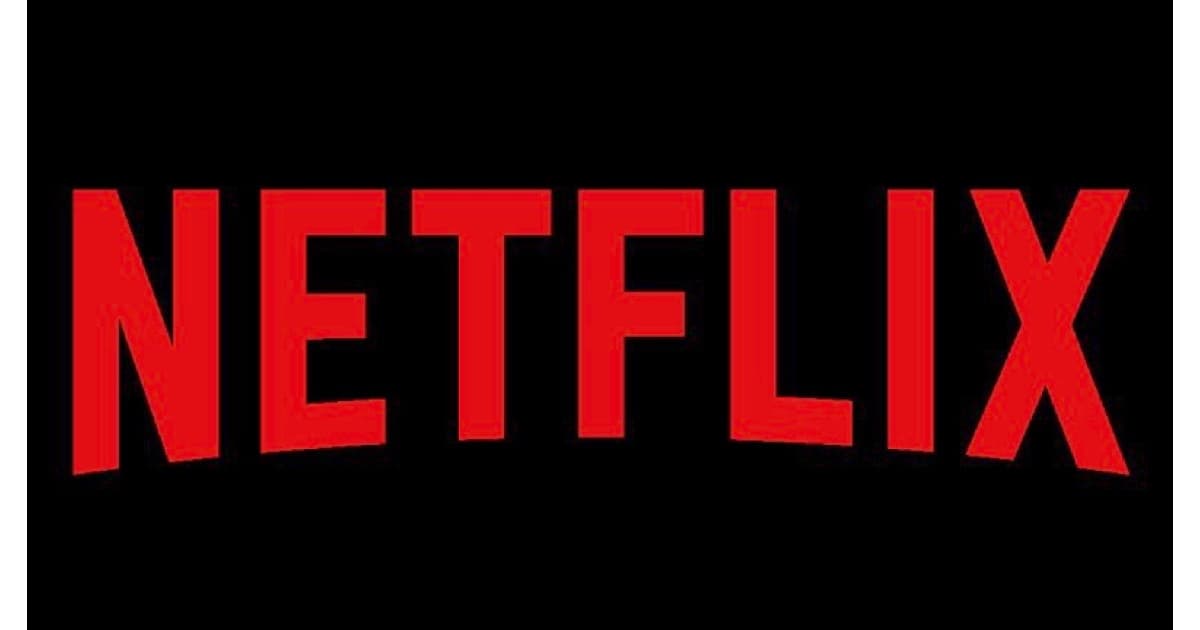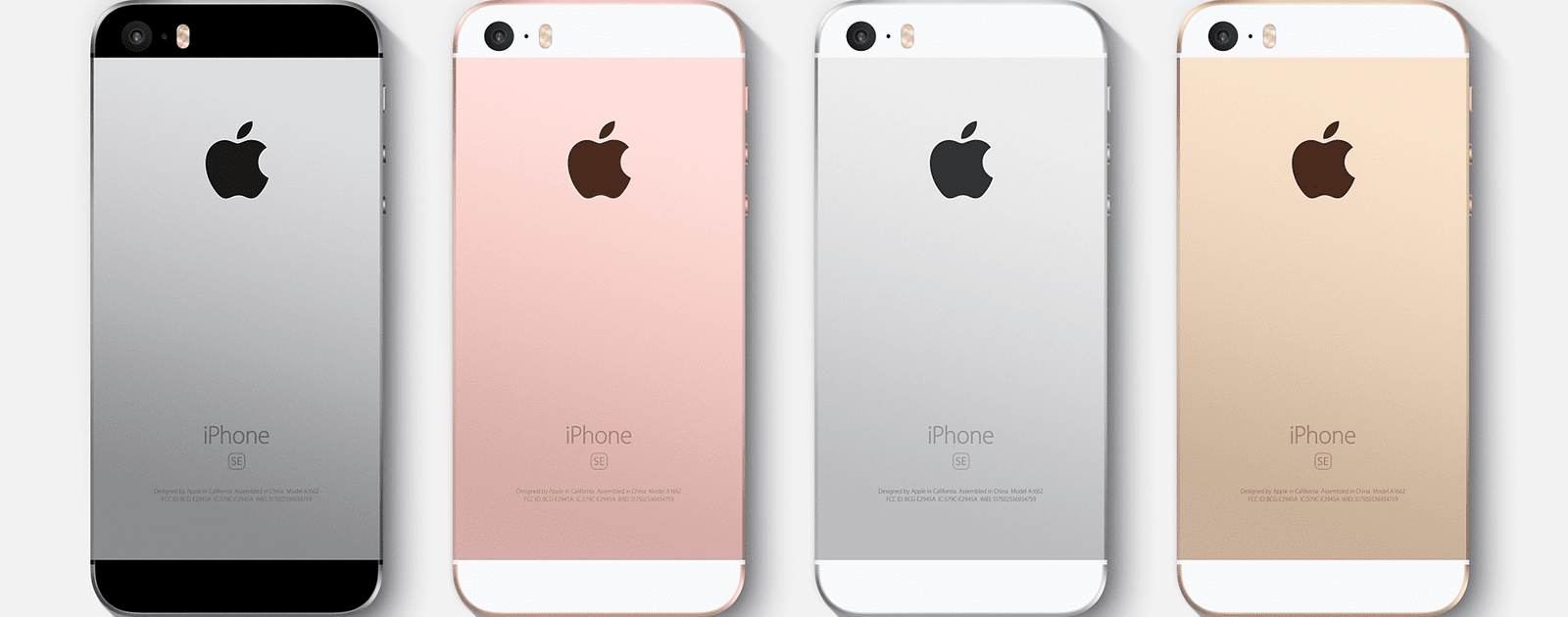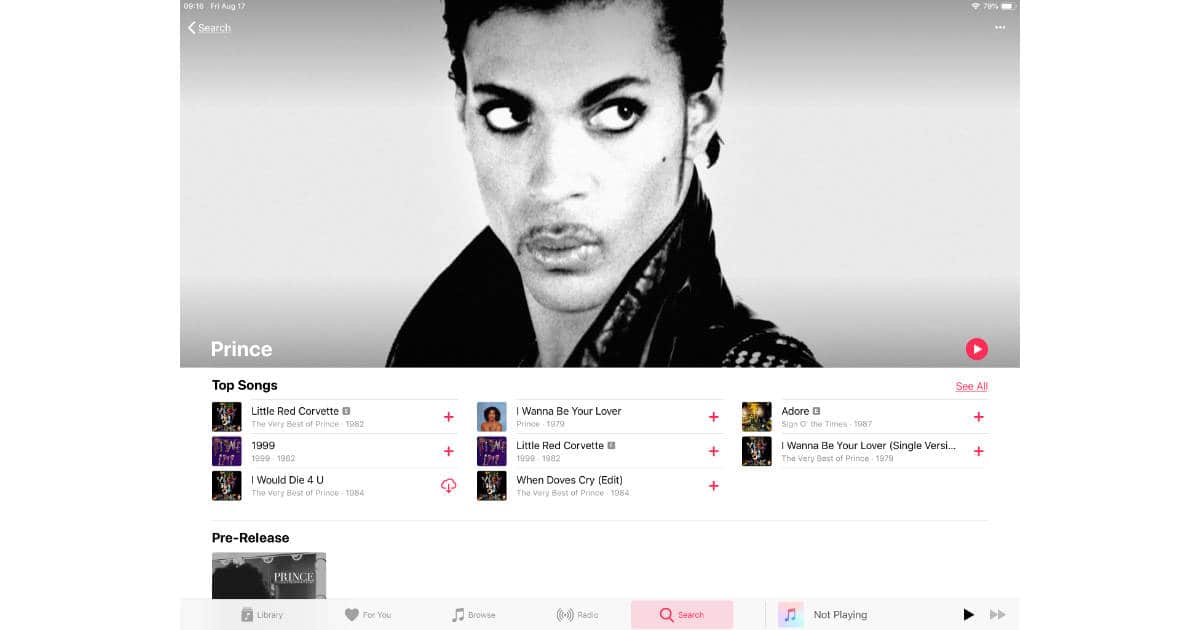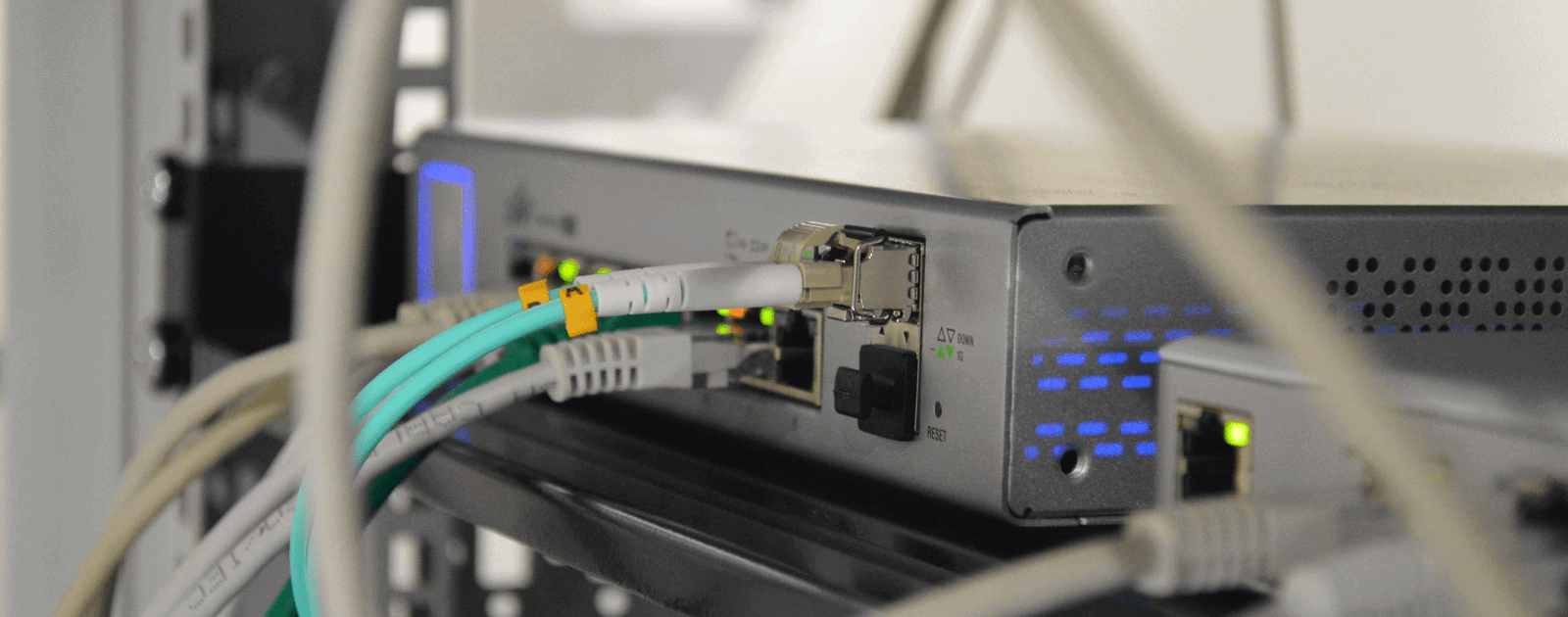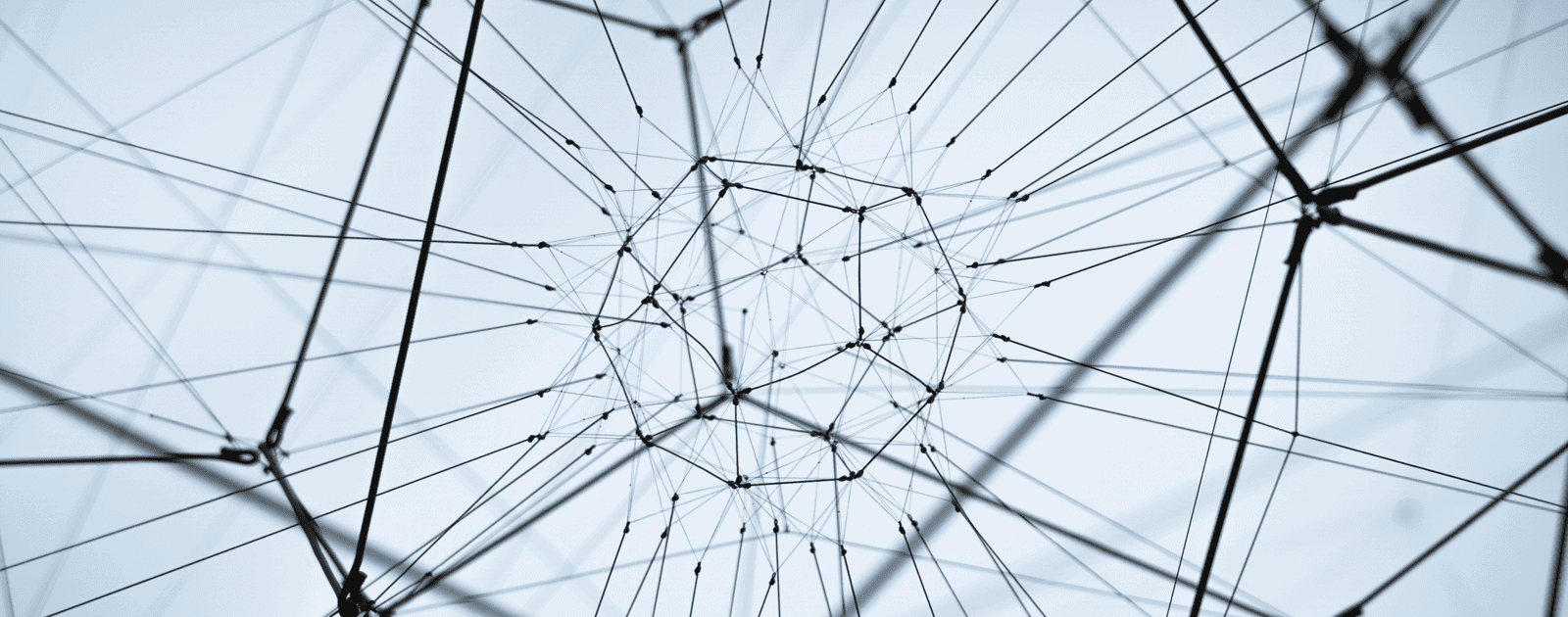Looking for movies on Netflix just about baseball? Deep sea horror movies? Martial arts movies? Mashable has posted a nifty article about how to access the master list of several hundred specific categories that may be more to your liking than the default ones displayed. Check it out.
TMO Link
Science Confirms Women’s Pockets are too Small
If you’re a woman you’re probably familiar with the tiny pockets of your clothing. Science has now confirmed what we already know: women’s pockets are too damn small.
“If you’re thinking ‘But men are bigger than women,’ then sure, on average that’s true,” the site adds. “But here we measured 80 pairs of jeans that all boasted a 32 inch waistband, meaning that these jeans were all made to fit the same size person.”
Got a Smartphone Addiction? You Can Get Help
Smartphone addiction has slowly become more prevalent in our society. Companies like Apple and Google have built new features like Screen Time to help you manage how much time you spend on your phone.
Numerous studies confirm that smartphone addiction is a problem because phones compel us to use it more often, and more disruptively, than we’d like. It can affect productivity, relationships, quality of life, and happiness.
23 More Prince Albums Now on Apple Music
Thanks to a deal between Sony and Prince’s estate, 23 of his albums that previously haven’t been available for streaming are now on Apple Music. The collection includes albums Prince released between 1995 and 2010. Variety says,
The recordings, which include such popular albums as “The Gold Experience,” “3121” and “Rave Un2 the Joy Fantastic” as well as a new 37-track compilation called “Prince Anthology 1995-2010,” had been largely unavailable for many years. All are now available across all major streaming services and digital service providers. Many of these albums are available for the first time for streaming and download, adding more than 300 songs to the artist’s online in-print catalogue.
You can find the albums on Apple Music in the Music app on your iPhone or iPad, or in iTunes on your Mac.
Moto P30 Indistinguishable From iPhone X. Seriously?
Okay, it’s part of the Asian culture to copy popular products. This has been happening in the car industry for decades. But this Moto P30 just about duplicates the iPhone X design. But come on. Really? Seriously? This is over the top. (Image credit: BBC News.)
ISPs Say They Can't Expand Broadband Without More Money
Apparently ISPs have been recently saying that they can’t expand broadband without more government handouts.
Broadband providers have spent years lobbying against utility-style regulations that protect consumers from high prices and bad service.
But now, broadband lobby groups are arguing that Internet service is similar to utilities such as electricity, gas distribution, roads, and water and sewer networks. In the providers’ view, the essential nature of broadband doesn’t require more regulation to protect consumers. Instead, they argue that broadband’s utility-like status is reason for the government to give ISPs more money.
Of course, the biggest issue with this is that the government (read: American taxpayers) have already given ISPs US$400 billion dollars to expand fiber optic networks across the country. The article’s header says it best: ISPs want benefits but not responsibilities.
Your Tweets Can Help Scientists Map Wildfires
Your tweets can help scientists map the spread of wildfires. Researchers from the U.S. Forest Service published a study [PDF] where they found that—in large numbers—tweets about wildfires can model the way the smoke moves.
If someone #cantbreathe due to smoke, they’re inhaling small particles known as as PM2.5, which measure under five percent the width of human hair. The particles can lodge into the lung tissue and bloodstream and cause health issues, particularly for people with respiratory issues, pregnant women, and children. In extreme conditions, though, the long-term effects can impact others.
Teen Charged with Hacking in to Apple Servers, Stealing Files
A teenager from Melbourne, Australia, has been arrested for hacking in to Apple’s servers, making off with over 90 GB of files, and accessing customer accounts. Apparently the boy developed a system that “worked flawlessly” until he was caught. The Sydney Morning Herald said,
His offending from the age of 16 saw him develop computerised tunnels and online bypassing systems to hide his identity until a raid on his family home uncovered a litany of hacking files and instructions all saved in a folder titled ‘hacky hack hack.’
Aside from the poor life choice of heading down a path of international crime, the boy’s big mistake was bragging online about what he did. Lessons learned: Don’t break federal laws and hack into company servers, and don’t tell anyone if you do.
Kids Can Drown While Parents Immersed in Smartphone
The article’s opening paragraph puts it bluntly. “The world’s largest lifeguard organization claims there’s a direct link between child drownings and the smartphones parents hold in their hands.” Parents know that kids under 4 must be watched like a hawk, especially around water. Or do they?
Maybe Wi-Fi Could Replace Invasive TSA Body Searches
Raise your hand if you’ve ever been groped by the TSA. A team of researchers claim that ordinary Wi-Fi can detect weapons and explosives, and maybe it could replace TSA body searches.
The team behind the research tested 15 types of objects and six types of bags. The wi-fi system had success rates of 99% for recognizing dangerous objects, 98% for metal and 95% for liquids. When objects were wrapped inside bags, the accuracy rate dropped to about 90%. The system works by analyzing what happens when wireless signals penetrate and bounce off objects and materials.
The Right to Disconnect From Work
In France, the right to disconnect from work has been solidified into law. In the El Khomri law, every employee contract must include a negotiation of obligations required of an employee regarding how connected they are outside of office hours.
A new study has found you may be suffering from excessive stress and anxiety about work expectations even if you don’t actively check work emails in your off-hours. The mere expectation of being in contact 24/7 is enough to increase strain for employees and their families, the new research suggests. In today’s ultra-connected world, with many people often getting work emails sent to their smartphones, a growing number of countries and companies are endorsing “right to disconnect” laws, recreating a much-needed boundary between work and home.
Sarah Jones, Joel Kinnaman, Michael Dorman Cast in Ronald D. Moore's Apple Sci-fi Series
Sarah Jones, Joel Kinnaman, Michael Dorman are joining the cast of Ronald D. Moore’s sci-fi series for Apple. Variety says,
Joel Kinnaman, Michael Dorman, and Sarah Jones have all been cast in the series, which takes place in a world where global space race never ended. Kinnaman will play Edward Baldwin, one of the top NASA astronauts. Dorman and Jones have been cast as Gordo and Tracy Stevens, a prominent NASA couple.
Apple is lining up what looks like a power house of shows with big names writing and producing, as well as very talented actors. The first shows are expected to start rolling out some time in 2019, and I’m really looking forward to see how they stack up against Netflix and Amazon original content.
We Shoot Lightning Into Rocks and Metal to Create iPhones
Wired offers a fascinating behind-the-scenes article about the “ultra-pure, super-secret sand” we use to create iPhones.
Spruce Pine, it turns out, is the source of the purest natural quartz—a species of pristine sand—ever found on Earth. This ultra‑elite deposit of silicon dioxide particles plays a key role in manufacturing the silicon used to make computer chips. In fact, there’s an excellent chance the chip that makes your laptop or cell phone work…
Siri on macOS Isn't a Good Feature
I agree with Jeremy Horwitz when he writes that Siri on macOS “barely registers as a feature.” He specifically refers to the Hey Siri functionality though. I’ve used Siri once or twice on my Mac when it first came out, but that’s it.
Apple first added “Hey Siri” — a voice trigger for the assistant — to iOS devices four years ago. Since then, I’ve found that I can consistently rely upon it for basically three things: to tell me the time, to recite the most basic weather when I’m in bed, and to stop or start playback on my office’s infrequently used HomePod. On occasion, I ask it to do more, but frequently have to ignore or manually correct its irritatingly wrong responses.
Voice control is not a good interface for a computer, at least in my life.
Samsung Portrays Apple Employees as Idiots, So ZDNET Put that to the Test
Samsung’s latest Galaxy Note 9 marketing campaign bags on Apple store employees, portraying them as bumbling fools blindly pushing iPhones. ZDNET decided to put that to the test. Spoiler alert: they aren’t. My take is that the employee in the ads is a proxy for Apple customers and Samsung is saying you’re stupid for buying an iPhone. They do more to bolster people who are already Samsung customers, and if all your ad campaign does is slam the competition what does that really say about your product?
Is It Time to Quit Twitter?
Aimée Lutkin wrote that it’s time we all quit Twitter. This Friday, August 17, some Twitter users are organizing a “social media walk out” using the hashtag #DEACTIDAY.
BoingBoing writer Mark Frauenfelder posted that his decision to leave is motivated largely by the platform’s refusal to ban Alex Jones, whom they’ve admitted has violated their official policies. Jones has long been spreading conspiracy theories to his many followers, and has encouraged the continued harassment of parents of Sandy Hook victims.
I tend to agree with Kara Swisher when she wrote, “Rules won’t save Twitter. Values will.”
Compare Original Version of Bilbo Getting Ring from Gollum to the Revised Version We Know Today
Check out this great side-by-side comparison of the original version of a key scene in The Hobbit to the version we know today. It’s the scene where Bilbo meets Gollum and steals the One Ring in the bowels of the Misty Mountains. Each paragraph of both versions is laid out side by side, with changes highlighted in blue. I’m such a huge Tolkien nerd, and this is intensely cool. Here’s a passage from the introduction:
The following is a side-by-side comparison of the two versions, presented in order to provide insight as to how the smallest of details can affect the overall themes of Tolkien’s work. Of particular interest is the characterization of Gollum, who in the revised version is much more malevolent and treacherous, and yet also more pitiful, echoing the later role that he will play in the Lord of the Rings trilogy.
The Story Behind Sci-Fi Infographic Untold AI
There’s a sci-fi infographic called Untold AI that examines artificial intelligence, and we now have a behind-the-scenes glimpse from the creator.
Sci-Fi Interfaces is one of those websites the Internet was (originally) built for. It’s a passion project focusing on an incredibly niche subject, created and maintained by someone with real subject matter expertise.
Much of Chris Noessel’s professional work, academic study and enthusiasm for science fiction has come together in the creation of the Untold AI infographic. It’s breathtaking in both its scope, and as a graphic design achievement.
Should Apple Create a Video Platform for Creators?
In 9to5Mac‘s Reddit-esque Change My View series, Ben Lovejoy writes that Apple should have a video platform for creators.
What I’m proposing is that Apple create a platform for creators of original content. Like YouTube or Vimeo, but with greater control and focus…I’d love to see someone do YouTube properly. Take it back to its roots as a true platform for original content providers. And there are two reasons I think Apple could be the right company to do it.
I can’t decide if I agree or not. I don’t think Apple needs to do everything, and if there’s already a size-able contender like YouTube, it would be hard for Apple’s platform to compete. This is similar to why Apple doesn’t have its own search engine. It might be easier for Apple to just buy Vimeo than create a platform from the ground up.
Why are Powerful Women Still Rare in Google Images?
So asks Melissa Locker. When you type in the word “CEO” for example, in Google Images, most of the results you see are men. Women “made up only 11% of the CEOs that show up in a Google Image search.”
Granted, Google Image search results are not frozen in time (they change based on things such as the news cycle, for instance), but the lack of women CEOs in these results raises important questions about the lack of representation of women leaders in media, and how that relates to their lack of representation in the real world.
Data Could Someday Fuel Most of the Economy
Mark Mills writes that Apple is the new Exxon, and data is the new oil. Although I don’t it’s an apt analogy, he did write an interesting paragraph:
Even though we’re still in early days of digitalization of physical domains, data traffic associated with manufacturing, medicine and consumer “things” is already rivaling traffic associated with multimedia (TV, sports, movies, YouTube, etc.).
It’s something to think about. If technologies like 3D printing, robotics, and others become more ubiquitous, we could be living in a future where data fuels the economy, instead of physical goods.
New MacBook Pro Problems Move from Throttling to Buzzing Speakers
Apple addressed the processor throttling issue in the 2018 Touch Bar MacBook Pro, so now engineers can move on to the next problem: crackling speakers. Both the 13-inch and 15-inch models seem to suffer a problem where buzzing or crackling sounds randomly happen when audio is playing on the laptop’s built-in speakers. From TNW:
It’s unclear at this time what’s causing the issue, although a source familiar with the matter tells TNW the company is aware of the issue, and looking into it. Finding the cause, though, could be troublesome. User reports, so far, are all over the map.
It could be a hardware problem, or it could be software. Regardless, it seems like Apple’s headaches with the new MacBook Pro models aren’t over yet. And all I got with my 2016 Touch Bar MacBook Pro was a defective keyboard design.
Internet Trolls Have Won. Time to Give Up
The New York Times writes how internet trolls have won, and there’s not much we can do about it.
Case in point: the right-wing conspiracy site Infowars. For years, the site distributed false information that inspired internet trolls to harass people who were close to victims of the Sandy Hook school shooting. This week, after much hemming and hawing about whether to get involved, some giant tech firms banned content from Infowars. (Twitter did not, after determining Infowars had not violated its policies.)
What does that show us? That you as an internet user have little power over content you find offensive or harmful online. It’s the tech companies that hold the cards.
Maybe social networks should have decency laws like broadcasts radio and television do. That will only stop the most vitriolic of trolls, but at least people will be able to visit sites like Twitter without getting a flood of harassing DMs.
Apple: Privacy Hero or Privacy Villain?
Bloomberg recently came out with a piece about Apple, asking if the company is really the privacy hero we think it is. Short answer: yes, but here’s a quote:
When developers get our information, and that of the acquaintances in our contacts list, it’s theirs to use and move around unseen by Apple. It can be sold to data brokers, shared with political campaigns, or posted on the internet. The new rule forbids that, but Apple does nothing to make it technically difficult for developers to harvest the information.
As we discussed on today’s TDO, my problem is that Ms. Frier tries and fails to compare this to the Cambridge-Analytica scandal. App permissions and developers with data access are entirely different to what Facebook and C/A did. Apple could improve the system to be sure, but there’s only so much companies can do before we realize that we need to be more proactive about these issues ourselves, not reactive.
